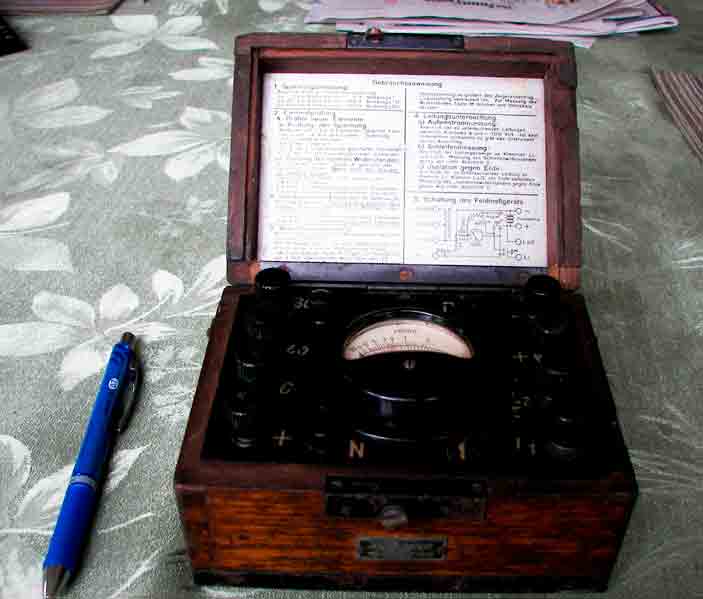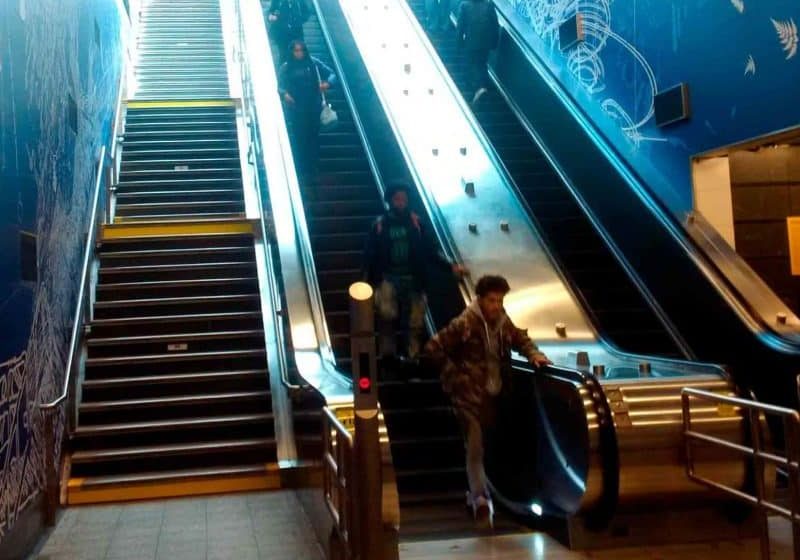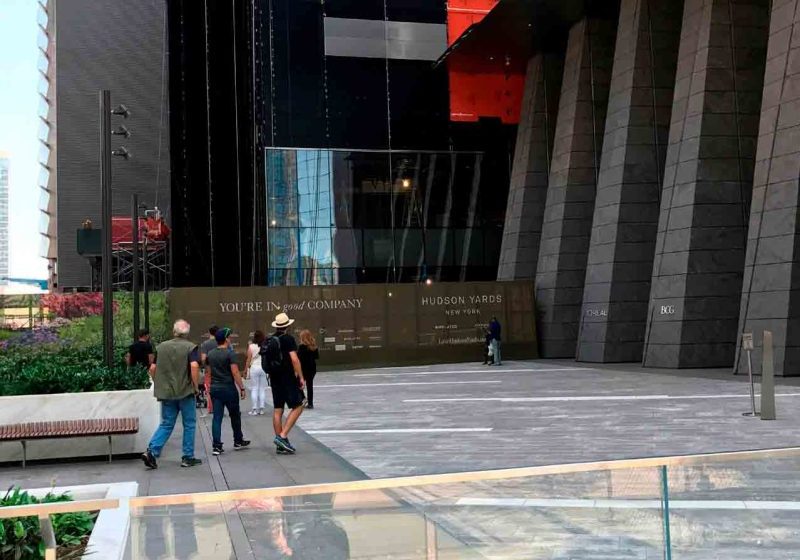The Gift
Mar 1, 2018

Chance meeting between two elevator men brings back the horrors and heroism of WWII.
On June 23, 2017, I celebrated 50 years in the elevator industry and am still going strong. I have many memories. My son tells me I should put them down on paper. This is one story that stands out above the rest.
It was December 1973. I had just completed a design/build elevator project in the federal courthouse in Brooklyn, New York. I worked with a small crew that included an electrical engineer with whom I worked closely. His name was Paul, and he had somehow gotten himself out from behind the Iron Curtain in Czechoslovakia. It took a while to get to know him and become friends.
Over morning coffee one day, he told me he was having trouble getting a date for a party. Figuring it might have something to do with a very bad scar on his forehead, I asked him why he had never gotten plastic surgery to have it fixed; it might help with the situation. He said it was a reminder for him of what the Nazis had done to his village during the war. He did not say any more about it.
I invited Paul to meet me in the Wall Street area of Lower Manhattan for lunch. A light snow was falling. Christmas week is a special time in New York City, and I wanted to show it to him. We met at a Wall Street office building, where I had been working on a vintage elevator with the resident mechanic, Fred. Fred had worked for the Government Services Administration (GSA) since his discharge from the U.S. Army around 1946. GSA’s elevator department had been disbanded, and Fred was one of the last to be let go. The contract was awarded to his employer, Broadway Maintenance Co. Fred was hired due to his knowledge of this building’s elevators during the many years he had been foreman.
Paul arrived, and we all stopped for lunch in the building’s cafeteria. I introduced the two men and said they had something in common — World War II (WWII) — just as a point of conversation. Over the two years I had known Fred, I learned he joined the U.S. Army and had been in the invasion force starting in Sicily and up the Italian boot, joining the D-Day forces in France and pushing the Germans out of Europe. At the end of the war, he came home and married his sweetheart.
Paul said he had always wanted to meet and thank someone who had fought in the war. Fred asked where Paul came from. It was a small village in Czechoslovakia. Fred said he knew the village and had taken part in its liberation, forcing out the Wehrmacht, but not before much of the village was destroyed and many civilians had been killed.
Paul remembered that day very clearly. He said he was about six years old and was given a small American flag to wave when the American column drove through on its way to the next village. All the townspeople came out to cheer for the American troops. Paul told us he was perched on top of a high wall when he fell and gashed his head. Fred looked at him and said, “I drove you to the hospital.” Fred said he remembered a small boy falling and being placed in his jeep. Then he, along with other G.I.s, drove the injured boy to what was left of the local hospital.
I sat there not saying a word, trying to understand what I had just heard. Both men just sat looking at each other. Not another word was spoken for what seemed like a very long time. Then, I noticed they were holding hands across the table with no expression on their faces. Looking back now, I can only believe that they must have been transported back in time. Their memories of all that had happened in those terrible days more than 30 years before came rushing back. Paul just said, “Thank you.”
They met once again at the company Christmas party and sat together.
A few months later, Fred retired and I drove him home to the Bronx, where he lived with his wife in a small apartment on the third floor. He carried a small box of mementos he had collected. From that box, he gave me a special gift, a volt-ohm-milliammeter (VOM) that he had liberated from a German Panzer in a small oak box trimmed with metal with a hinged top that covered the VOM’s face. Inside the cover were instructions in German.
Fred made me proud to be a Vietnam-era veteran. Like many of his generation, Fred was not what you would call an outwardly emotional man. We shook hands and said goodbye. Not much time after, he and his wife moved to New Jersey to be closer to their daughter and grandchildren. We lost touch after that.
Paul also left a short time later. He asked after Fred, I told him what I knew, and he thanked me for bringing them together. Paul had called to say he had a job offer out west as an elevator design engineer, and we said goodbye.
I have that little VOM to this day and cherish it as a reminder of that amazing reunion I unknowingly arranged between a scared, injured little boy and a true American war hero.
Get more of Elevator World. Sign up for our free e-newsletter.








